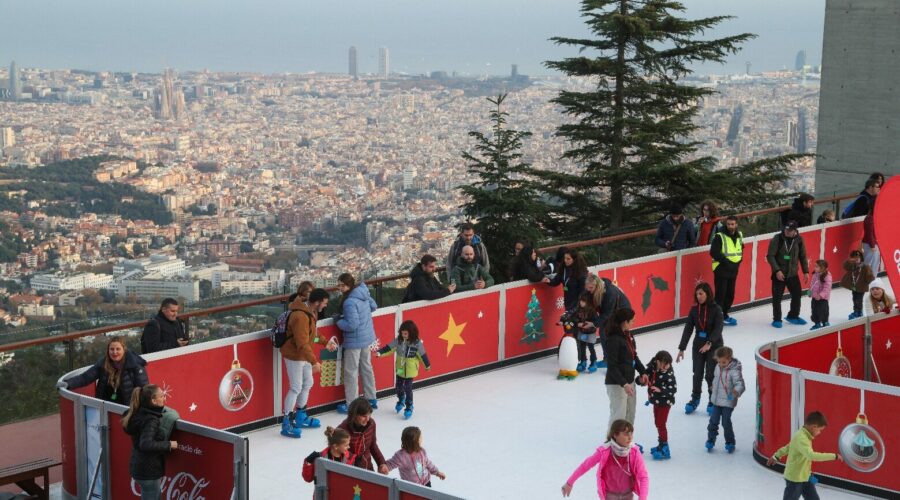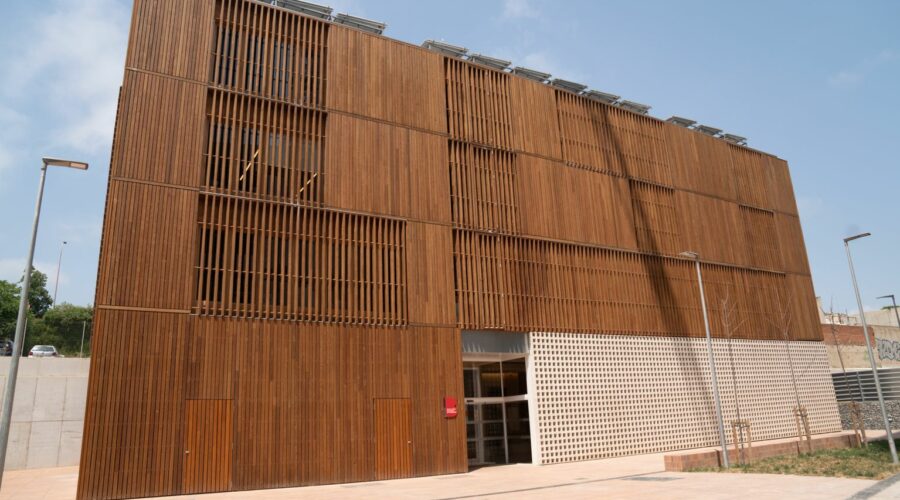
In the midst of the warm embrace of summer, the inhabitants of L’Hospitalet de Llobregat in the Barcelona metropolitan area are experiencing an unexpected twist in their aquatic routine. The municipal swimming pools, a refreshing oasis in the midst of the high summer temperatures, have closed their doors in the middle of August.
The best gyms in Barcelona Are you up for it?
This closure, attributed to “technical stoppages” for maintenance and improvement work, has generated a mixture of discomfort and frustration among neighbors who were hoping to take advantage of the facilities during the hot season.
The effects of this decision are notorious and do not go unnoticed by the citizens of L’Hospitalet who see the closure as fatal during the vacations.
Temporary closure of municipal swimming pools in L’Hospitalet: heat and controversy
The City Council has justified this measure as part of a maintenance and improvement strategy for the facilities during the months of August and September. However, this explanation has not mitigated the dissatisfaction of those who had hoped to enjoy the pools at the height of summer.
The main complaint lies in the fact that, although demand may decrease during these months due to the vacations, citizens still have to pay the full monthly fee without being able to access the facilities.
The situation is aggravated when considering the particular context of L’Hospitalet. The city faces high temperatures during the summer and according to a study conducted by the Institut Metròpoli, up to 51% of its inhabitants live in areas highly vulnerable to heat.
This combination of factors makes municipal pools an essential resource for keeping cool and comfortable during hot days.
Interestingly, L’Hospitalet is in a peculiar position in terms of access to swimming pools. Despite its dense population, the city has a notably smaller number of swimming pools compared to other Catalan municipalities.
This lack of infrastructure becomes more evident when compared to Sant Cugat, where there is an average of 20 inhabitants per pool, while in L’Hospitalet this number rises to 4,022 people per pool.
Any alternative?
The citizens’ dissatisfaction is not only focused on the closing of the pools, but also on the lack of satisfactory alternatives. Some neighbors comment that they can opt to go to other pools in the city, but this solution is not viable for everyone.
In addition, some users complain that, while municipal multi-sports gyms are allowed access to other pools all year round, users of the older facilities can only enjoy this advantage in August, when their regular pool closes.
Neighborhood discomfort with this situation highlights the importance of balancing maintenance needs with the right of citizens to enjoy essential recreational spaces, especially in times of extreme heat.



